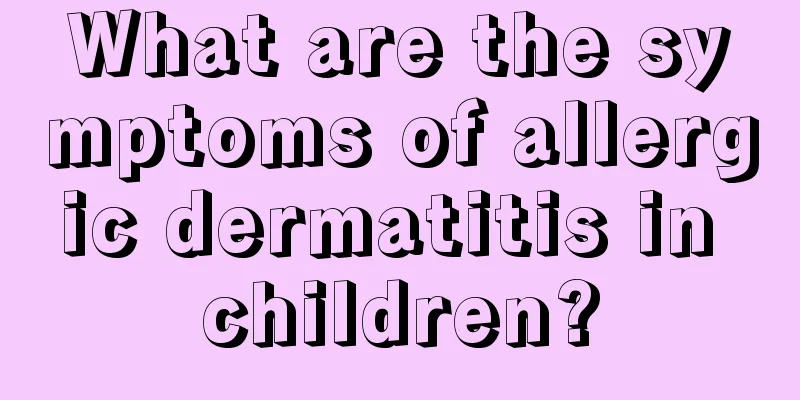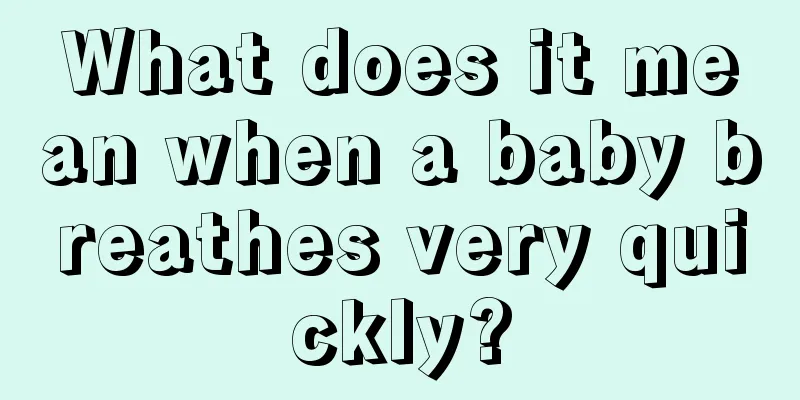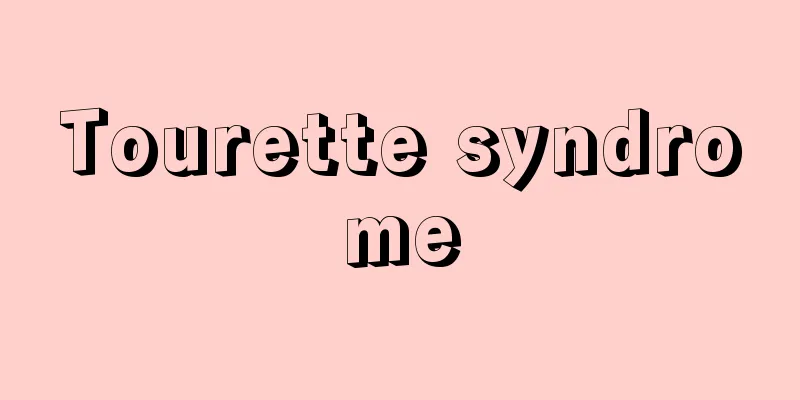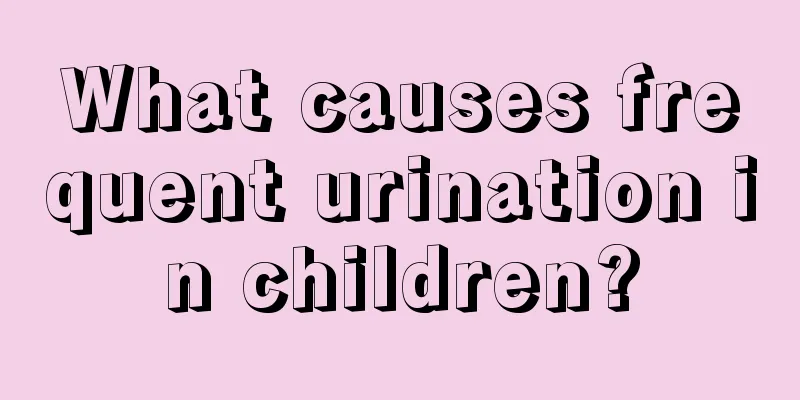What are the symptoms of allergic dermatitis in children?

|
Because children have poor immunity, they are prone to allergies, which can cause a variety of symptoms, such as dermatitis. There are three main types of substances that cause allergic dermatitis in children. The first is some chemical substances, the second is animal substances, such as pets such as cats and dogs, and the third is plant substances, such as pollen allergies. 1. Symptoms of allergic dermatitis What are the symptoms of allergic dermatitis? The symptoms of allergic dermatitis in children mainly include the following aspects: 1. General symptoms. Children may experience flushing of the cheeks, nose and earlobes, moist ear canals, earaches, nasal congestion, sneezing, dark circles under the eyes, swollen and drooping eyelids, headaches, dry lips, dry skin or excessive sweating, wrinkles at the corners of the eyes or palms, abdominal pain, diarrhea, bloating, constipation, eczema on the arms, legs or joints, recurrent infections, chronic coughs, asthma, shallow, rapid or irregular breathing, irregular pulse, increased blood pressure, tight joints, etc. 2. Behavioral changes. Children of different age groups exhibit different behaviors. 0-1 year old infant group: continuous crying or screaming, unable to eat or needing to eat constantly, irritable or extremely lethargic, difficulty falling asleep or drowsiness, unwilling to be held, shaking head, etc. 1-3 years old children: have inexplicable temper tantrums, are overly active, jump around, hit the bed, feel tired, curl up in dark corners such as under tables and chairs, under the bed or inside furniture, refuse to be touched, and are unwilling to dress or undress. Children aged 3-6 years: sudden changes in mood and behavior, hyperactivity, inability to sit quietly to eat, listen to stories or watch TV programs, irritability, fatigue, disobedience, depression, aggressive behavior, shaking legs, drowsiness or nightmares, inability to write or draw in a horizontal line, or the words become larger and curled upwards (excited type), or the words become smaller and curled downwards (depressed type), intermittent difficulty speaking, bedwetting after the age of 5, etc. 2. How to treat allergic dermatitis Allergic dermatitis is generally treated with medication. What kind of medication is used? Mainly sublingual desensitization therapy is to make allergy-inducing substances (such as dust mite active proteins) into desensitizing solutions of different concentrations, and administer the drug daily in a small dose that the patient can adapt to (drop the desensitizing drops under the tongue, allow it to be slowly absorbed, and swallow it after 1-3 minutes), gradually increase the dose, and continue for a sufficient period of time after reaching the maintenance level to improve the patient's tolerance. Sublingual desensitization therapy has been confirmed to be effective and has been recognized by the World Health Organization. It has been vigorously promoted in developed countries such as Europe and the United States. The outstanding advantage of sublingual desensitization therapy is that it is easy to use. Patients can take it themselves at home, avoiding the pain and fear caused by injections, and it is safer. Desensitization therapy generally takes 3-6 months to take effect. To maintain long-term efficacy, the medication should be continued for a period of time after the symptoms disappear. Generally, 2 years is recommended. The efficacy can last for many years, or even for life. 3. Precautions for allergic dermatitis 1. In terms of diet, pay attention to nutritional balance. You can eat more milk, freshwater fish, soy products, fresh vegetables and fruits to enhance skin resistance. Avoid eating saltwater fish, shrimp, crab and other foods that may cause allergies. 2. It is wrong to over-care or ignore allergies. Too many products and too complicated skin care procedures are not effective ways to improve allergies. But not applying anything is also not a good idea, because lack of moisturizing may cause more serious peeling, and lack of sun protection may make the skin rough and cause uneven pigmentation. 3. If you have allergic dermatitis, do not wash your face with too hot water to avoid irritating the skin. Do not use soap, as the alkali in it will aggravate the symptoms of allergic dermatitis. 4. Do not touch or rub the affected area frequently with your hands, as this is very dangerous. 5. While enjoying the warm spring sunshine, don't take it lightly. Excessive ultraviolet rays may cause skin burns at any time, and cause terrible allergic symptoms such as erythema, darkening, and peeling. |
<<: How to treat acute bronchitis in children?
>>: Your baby has phlegm but can’t spit it out? 4 tips to teach you
Recommend
Reasons why children sweat easily
Sweating is a manifestation of normal metabolism ...
What can children eat to relieve constipation and lubricate the intestines?
Many parents will find that their children often ...
How does an egg yolk baby allergy manifest?
Babies are the hope and future of their parents, ...
Boy's brain grows in his neck
In our daily life, we would be surprised when we ...
What is the reason for children to poop black?
Parents can infer whether their baby has any dise...
Causes and treatments of yellow eye discharge in newborns
When it comes to eye boogers, many people are fam...
Why does the newborn not poop?
Many mothers have reported that their newborns do...
Can children grow taller by drinking milk?
Many parents are worried that their children will...
Why do children often hiccup?
We all know that children always encounter many h...
Will a newborn baby have diarrhea if he changes his milk powder?
For mothers, the most important issue is whether ...
What causes arrhythmia in children?
Some parents may encounter the phenomenon of chil...
How to treat hydronephrosis in children
Hydronephrosis in children is quite harmful, so i...
The experience of curing EB virus in children
Children are treasures in the hands of their pare...
Analysis of the reasons why the baby looks bad
I believe every family will pay close attention t...
How to treat children's brain dysplasia?
Brain maldevelopment often occurs in children. Ma...









